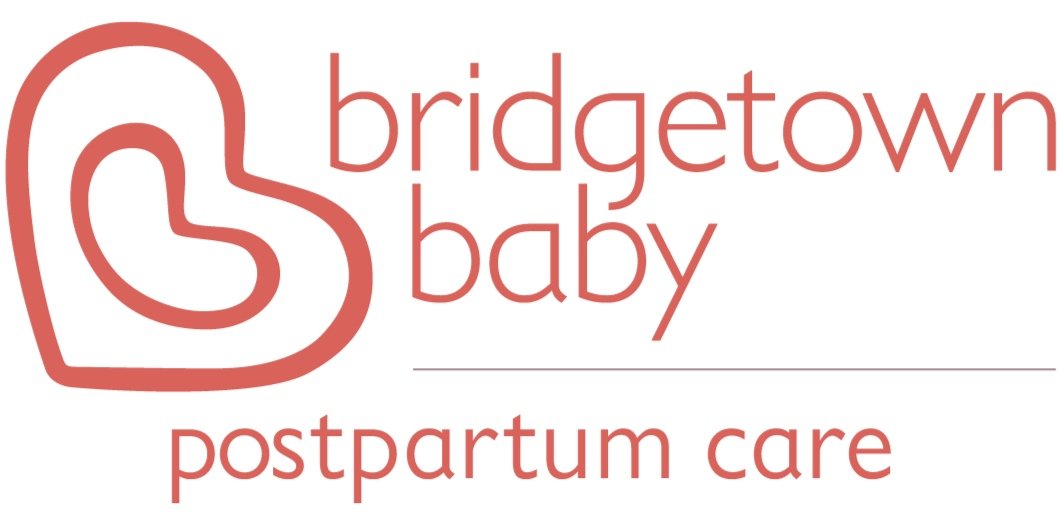4 Reframes for Empowered Parenting
Image courtesy of Reframe Parenting
Our once small babies grow and change - and so do their needs and challenges. My own kids have had their share of struggles, both at home and at school. I started Reframe Parenting to help other parents have a smoother road. It’s based on the simple idea that if we look at our kids with different lenses (I call them reframes!), then we can see opportunities where there was exasperation, ideas where there were roadblocks.
The bottom line? Every kid (yours, too!) is amazing and deserves to succeed. But the reality is that sometimes life and school seem to throw obstacles in the way.
When our kids have a hard time, we as parents need to do a little more, stretch ourselves a bit, and get them moving on a smoother - and sometimes different - path. Looking at things through new lenses gives us a peek into what’s hiding underneath our kids’ challenges - and our reactions to them, too.
Top 4 Reframes - parenting tips to get you started:
We are not our kids. It can be hard to remember that our kids are not a reflection of us or even our own needs. Each child is a unique human with unique strengths and needs. If we focus too much on how we would manage a situation (“I was a good student and always did my work - why can’t they just turn in their homework?”), we miss the truth of who THEY are and what THEY need.
Our kids’ struggles are not a reflection of our parenting. I would write this one on a giant billboard if I could - because it’s a hard one to internalize. Their struggles, whatever they are, are not our fault or a measurement of our success as parents. Good parents have kids who struggle.
Curiosity is our friend. If we approach our kids’ struggles with curiosity, then we move from blame to discovery. “I wonder” is my favorite phrase for this. “I wonder what’s happening when you aren’t turning in your homework?” starts a conversation rather than shutting one down. It leaves room for your child to get involved in figuring out what’s happening, too.
The more we learn and grow ourselves, the better able we are to meet our kids’ challenges with compassion and understanding instead of frustration and criticism about their short-comings and needs.
Information is power to improve your parenting
The more you know about who your child really is and what makes them tick, the better you can meet their needs and advocate for them. It takes a shift in our thinking to get past the emotions and preconceived ideas and truly see our child for all of their uniqueness.
But how do you do that? Try asking yourself these questions:
Image courtesy of Reframe Parenting
What do you see that concerns you? Have you gotten feedback from others like teachers or care providers, too? Try looking at it with a different lens! Write down your observations and then try reframing them with that “I wonder. . .” prompt to dig deeper at what might be behind what you’re seeing.
What are your child’s strengths? Are there environments or situations where they thrive? What approaches have worked well in the past? How can you maximize what’s already working well?
When you try some of these new ways of thinking, how does your child look different to you? Can you see them in a way you haven’t before? What changed?
I hope these quick questions got you thinking about how your own child is unique and wonderful. All kids deserve to thrive at home and school, so let’s empower ourselves to make sure they get the support they need to do and be their best!
Want to keep reframing? Based in Portland, OR, Scotti helps parents everywhere figure out how to support their kids when they struggle at school - so they can find their own unique path forward. You can get Scotti’s free School Struggle Checklist or check out the Reframe Parenting blog for more info and inspiration.


